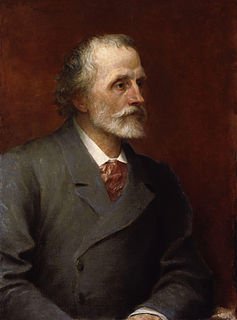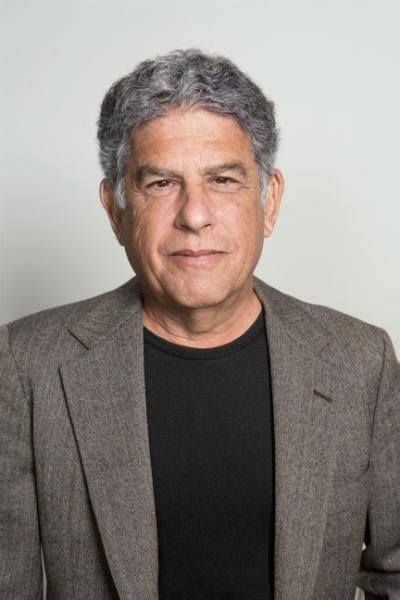A Quote by Sigmund Freud
In the development of mankind as a whole, just as in individuals, love alone acts as the civilizing factor in the sense that it brings a change from egoism to altruism.
Related Quotes
If, however, one factor is too successful, it will continue to be the winning factor regardless of the variation in the other factors over the range of variation in the conditions, and therefore will stifle the development of other advantageous factors until the conditions change sufficiently that it no longer is the winning factor. At this point, the whole population is ill prepared for the change, and may well perish entirely if the winning factor accidentally becomes the matching factor for a disease or a predator.
By consequence I hold that no one ever did, or can do, anything for "society."... Comte invented the term altruism as an antonym for egoism, and it found its way at once into everyone's mouth, although it is utterly devoid of meaning, since it points to nothing that ever existed in mankind; This hybrid or rather this degenerate form of hedonism served powerfully to invest collectivism's principles with a specious moral sanction, and collectivists naturally made the most of it.
You ought to love all mankind; nay, every individual of mankind. You ought not to love the individuals of your domestic circles less, but to love those who exist beyond it more. Once make the feelings of confidence and of affection universal, and the distinctions of property and power will vanish; nor are they to be abolished without substituting something equivalent in mischief to them, until all mankind shall acknowledge an entire community of rights.
When Nietzsche praises egoism it is always in an aggressive or polemical way, against the virtues, against the virtue of disinterestedness (Z III "Of the three evil things"). But in fact egoism is a bad interpretation of the will, just as atomism is a bad interpretation of force. In order for there to be egoism it is necessary for there to be an ego.




































